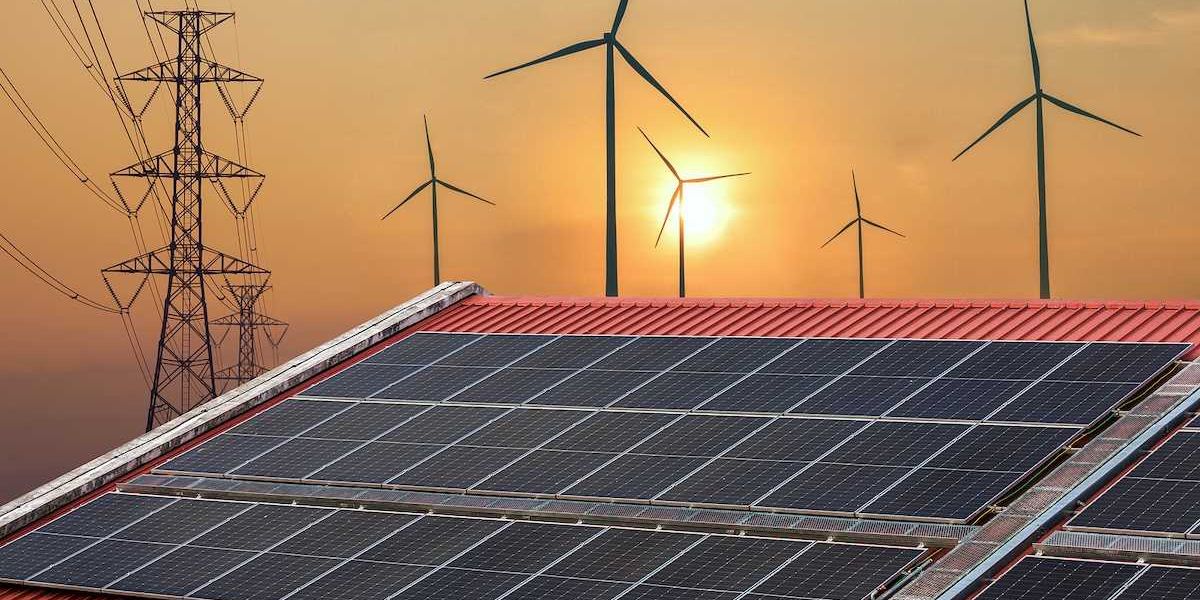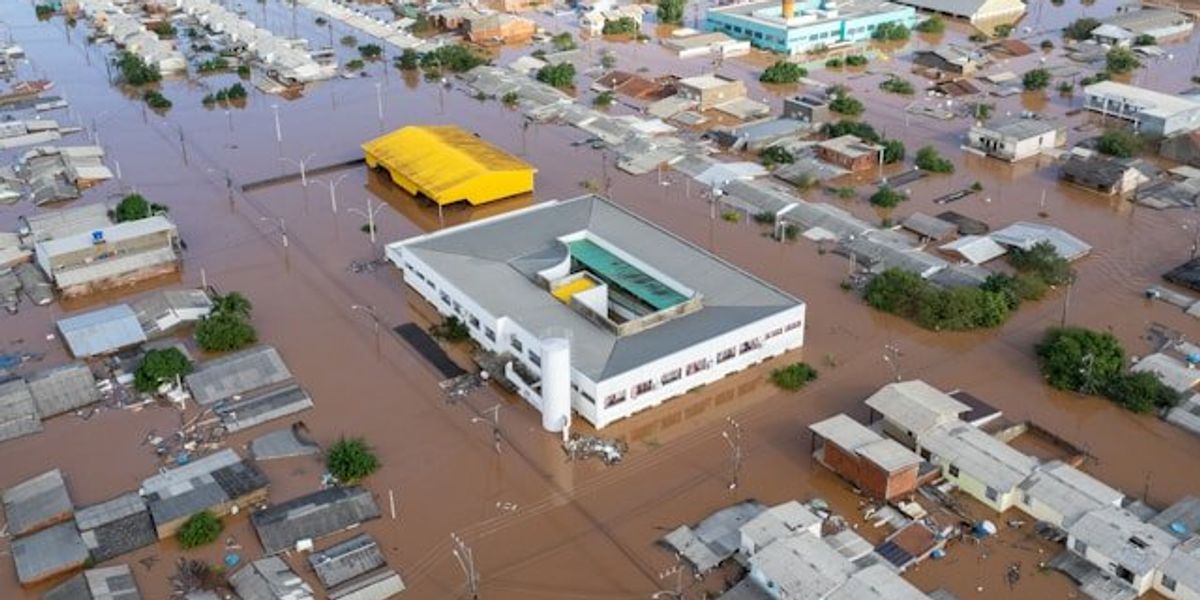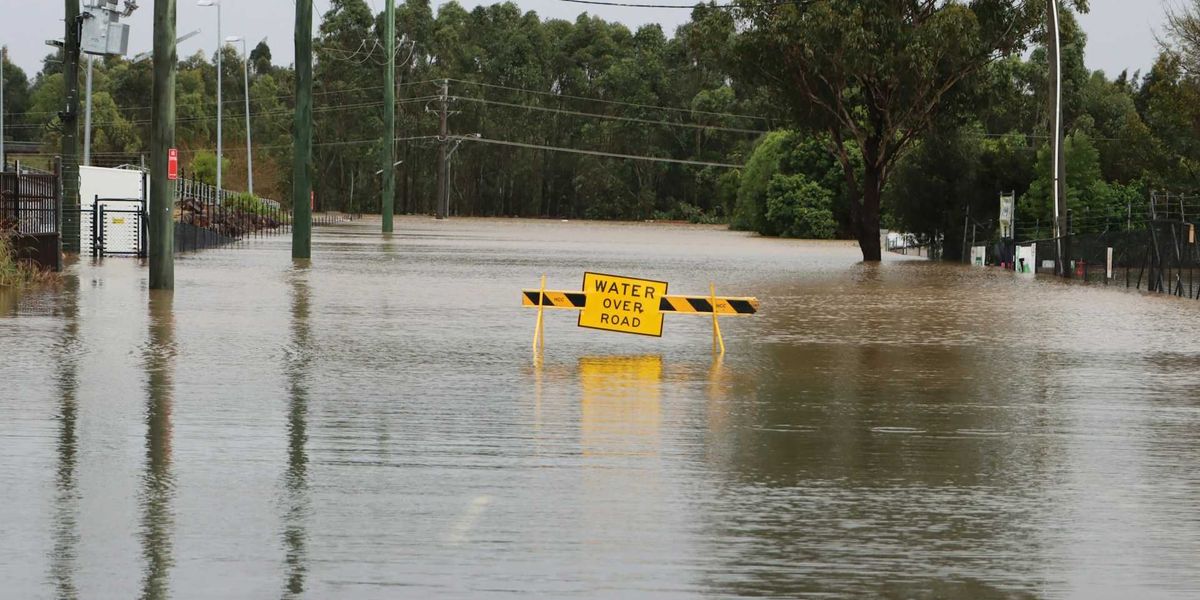Texas school board faces lawsuit over lack of public notice on Exxon tax break vote
A Texas environmental group is suing a rural school district for allegedly violating state law by failing to properly notify the public ahead of a vote approving a major tax break for ExxonMobil’s proposed plastics plant.
Dylan Baddour reports for Inside Climate News.
In short:
- The San Antonio Bay Estuarine Waterkeeper filed suit against Calhoun County Independent School District, claiming it gave only 14 days’ notice — short of the 15-day legal requirement — and buried meeting details deep in its website.
- The lawsuit challenges the district’s April 29 decision to grant ExxonMobil a 50% property tax break on a $10 billion plastics plant that could save the company $242 million over a decade.
- Plaintiff Diane Wilson, a longtime environmental advocate, warns the plant's runoff would drain into waterways undergoing a multimillion-dollar cleanup following a 2019 settlement from her earlier lawsuit against Formosa Plastics.
Key quote:
“This wasn’t just a flaw in the process. We feel it was a deliberate attempt to avoid public opposition.”
— Diane Wilson, executive director of San Antonio Bay Estuarine Waterkeeper
Why this matters:
Tax abatements for petrochemical projects are increasingly common in rural Texas, where local governments face pressure to stimulate economic growth but often lack the legal infrastructure or public engagement to fully evaluate long-term impacts. When public notice laws are ignored or skirted, communities lose their ability to participate in decisions that could reshape their environment for decades. The ExxonMobil plastics plant in question could produce three million tons of polyethylene annually, adding to the region's legacy of industrial pollution. The area’s waterways, already subject to plastic waste and chemical runoff, risk further contamination. These waters feed into ecosystems and fishing grounds vital to both local livelihoods and biodiversity. Plastics production also brings air emissions, energy use, and microplastics that can infiltrate soils and bodies.
Related: One of the country’s largest petrochemical complexes wants to expand amid community backlash













